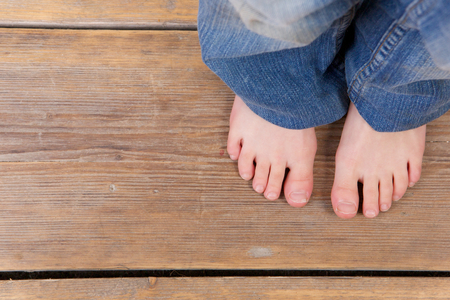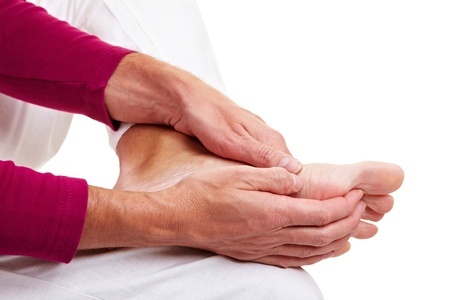Treating Heel Pain in Children
It probably won’t be a surprise to you that much of a child’s foot health is inherited. High or no arches, tendencies to walk bow legged or the development of calluses are just some of what a child can expect if their parents suffered from the same. One common malady, however, is something called Severs Disease. Also known as Calcaneal apophysitis, Severs Disease is the inflammation of the growth plate in the heel of growing and active children. Severs disease causes pain and a slight swelling around the heel making it difficult to walk or run.
Treating Severs disease includes the following:
- Reduce activities – Have your child immediately refrain from any activity that causes heel pain.
- Ice – apply ice to the heel for 20 minutes 3 times a day.
- Orthotics – children with high arches, no arch, or bowlegs an orthotic may be needed to alleviate the stress on the heel. See your podiatrist for this.
- Short leg casts – in more dramatic cases children may need to have a short leg cast to temporarily rest the Achilles heel.
- Shoes – wearing more elevated and cushioning shoes.
- Stretching – stretching the Achilles tendon can loosen the affected area.
- Pain meds – using non-steroidal anti-inflammatory pain medications like ibuprofen and naproxen can help. Male sure to only use as directed and see your podiatrist if you have any questions.
As long as the treatment works, your child can go back to their active self. It is not uncommon, though, for the malady to return unless long term care such as the above is taken. Some of the sports which would be prone to this are running, basketball, tennis and gymnastics, but any activity that requires pounding their feet on a hard surface can induce Severs.
If you or your child has heel pain or any other foot concerns, please make an appointment with us. Dr. Brandon A. Macy, who is associated with New Jersey Children’s Foot Health Institute, will assess your feet and find the appropriate treatments to get you back to being active. Call Clark Podiatry at (732) 382-3470.








